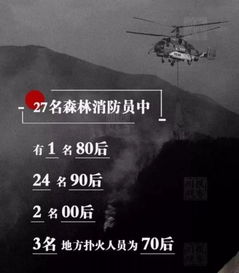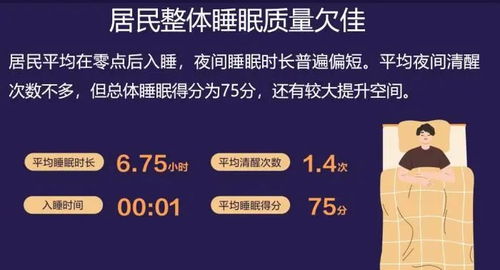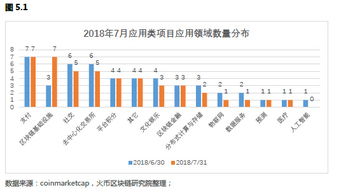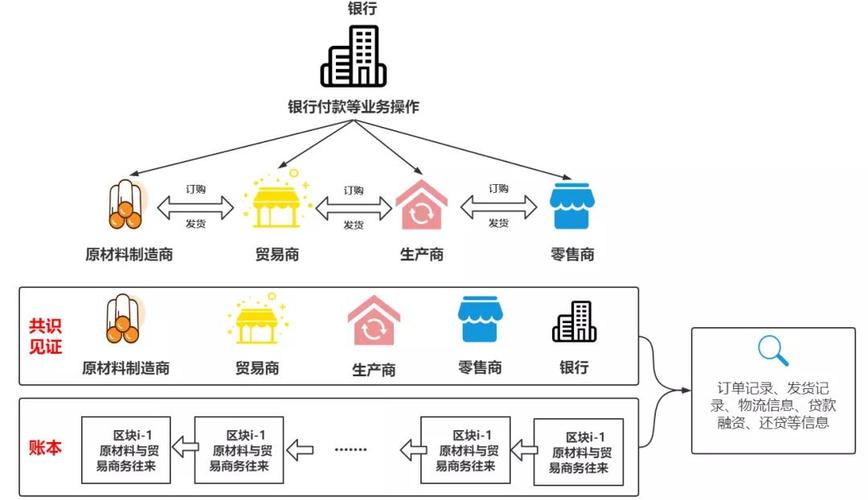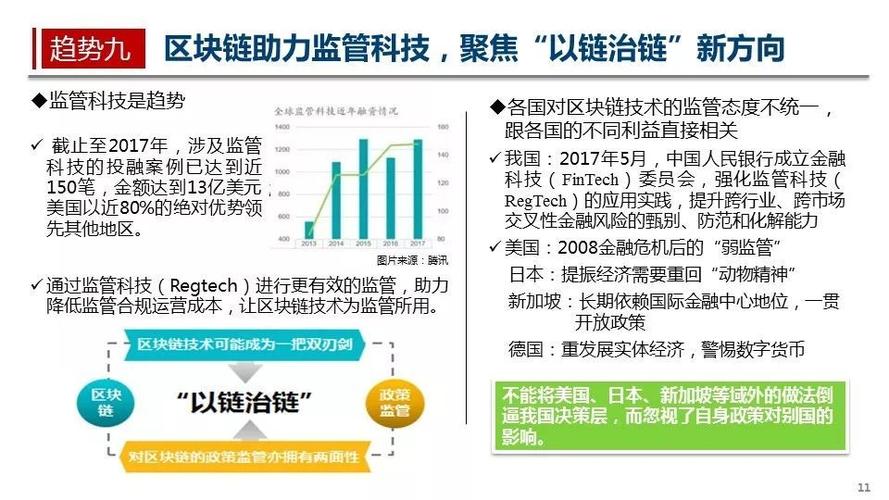区块链实际应用场景
Blockchain technology, initially associated with cryptocurrencies, has evolved into a versatile tool with applications across various industries. In daily life, blockchain finds utilization in numerous scenarios, promising increased security, transparency, and efficiency. Let's delve into some key areas where blockchain is making an impact:
1. Financial Transactions:
Blockchain's most renowned application remains in financial transactions. Cryptocurrencies like Bitcoin and Ethereum operate on blockchain networks, enabling secure and transparent peertopeer transactions without the need for intermediaries like banks. Additionally, blockchain facilitates faster crossborder payments and reduces transaction costs.
2. Supply Chain Management:
Blockchain enhances transparency and traceability in supply chains by recording each transaction or transfer of goods onto an immutable ledger. This ensures the authenticity of products, prevents counterfeit items, and enables swift identification and resolution of issues like product recalls.
3. Voting Systems:
Blockchainbased voting systems offer secure and transparent elections by recording votes on an immutable ledger. This prevents fraud and tampering, ensuring the integrity of the electoral process. Blockchain voting systems also enable remote and mobile voting, potentially increasing voter turnout.
4. Intellectual Property Protection:
Artists, writers, and innovators can use blockchain to timestamp their creations, proving ownership and protecting intellectual property rights. Smart contracts on blockchain platforms can automate royalty payments and licensing agreements, ensuring creators receive fair compensation.
5. Identity Verification:
Blockchain provides a secure and decentralized means of identity verification, reducing the risks associated with centralized databases vulnerable to hacking. Individuals can control access to their personal information, sharing only the necessary details for specific transactions.
6. Healthcare Records:
Blockchain enhances the security and interoperability of healthcare records, enabling patients and healthcare providers to securely access and share medical data across different systems. This ensures privacy, reduces errors, and improves the efficiency of healthcare delivery.
7. Real Estate Transactions:
Blockchain streamlines real estate transactions by digitizing property records and automating processes like title transfers and escrow payments. Smart contracts execute transactions only when predefined conditions are met, reducing the risk of fraud and disputes.
8. Charity and Aid Distribution:
Blockchain ensures transparency and accountability in charity and aid distribution by tracking donations and monitoring their utilization. Donors can track their contributions in realtime, ensuring they reach intended beneficiaries efficiently.
9. Gaming and Digital Assets:
Blockchainbased gaming platforms offer players true ownership of ingame assets, allowing them to buy, sell, and trade digital items securely. This fosters a vibrant virtual economy and provides new revenue streams for developers and players alike.
10. Energy Trading:
Blockchain facilitates peertopeer energy trading among consumers with solar panels or other renewable energy sources. Smart contracts automate energy transactions, ensuring transparent and efficient energy distribution while promoting sustainability.

These examples illustrate the diverse applications of blockchain technology in our daily lives. As blockchain continues to evolve and mature, it holds the potential to revolutionize numerous industries, offering increased security, efficiency, and transparency.





